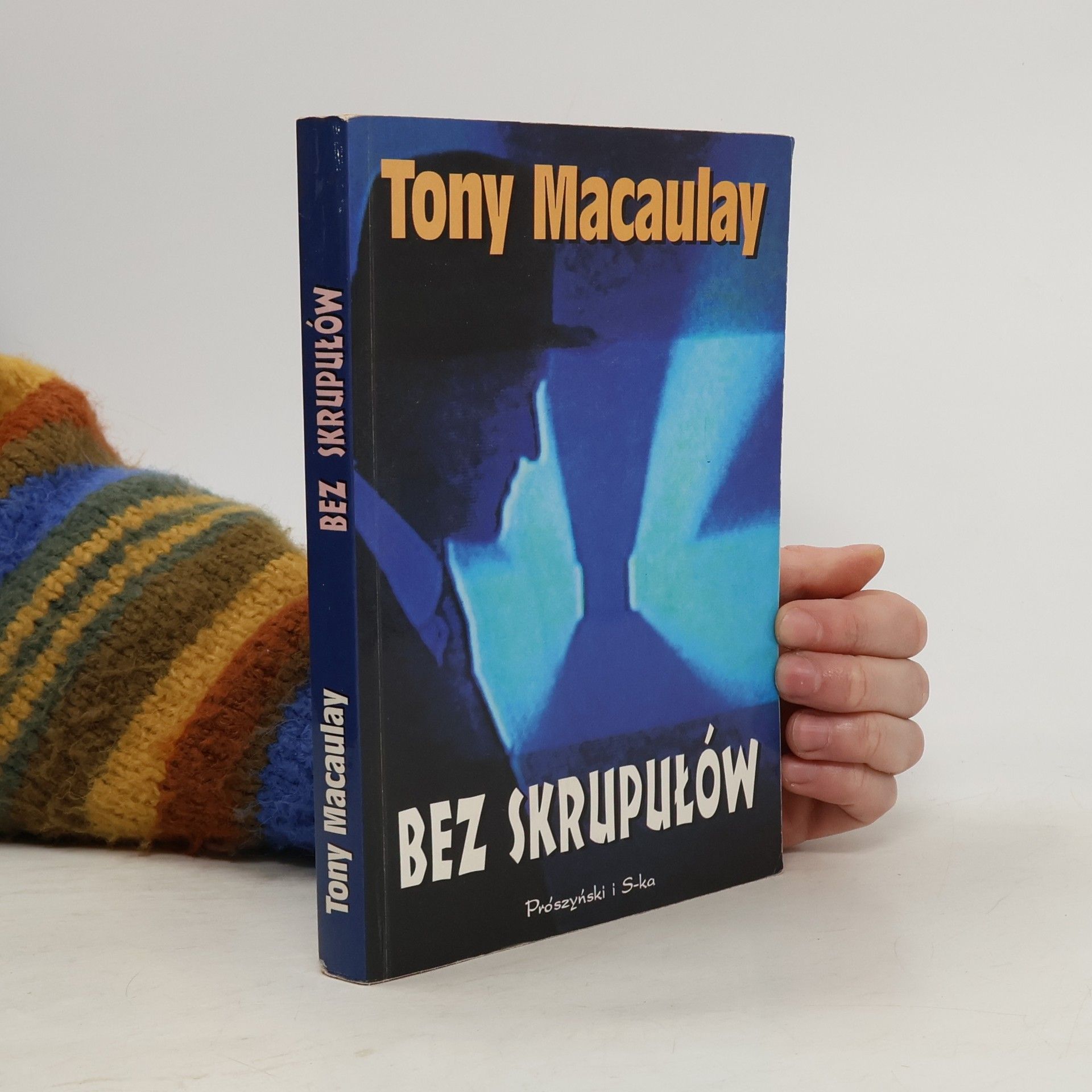Little House on the Peace Line
Love and Laughter in the Shadow of a Belfast Peace Wall
- 180pages
- 7 heures de lecture
Set against the backdrop of the troubled New Lodge area, the narrative follows Tony Macaulay as he takes on the daunting challenge of running a youth club amidst extreme youth unemployment and societal tensions. As a Protestant from the Shankill Road, Tony's commitment to fostering change is tested when he and his wife, Lesley, must immerse themselves in a community marked by its nationalist identity. The story explores themes of resilience, community dynamics, and the pursuit of hope in a divided society.

